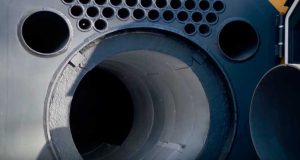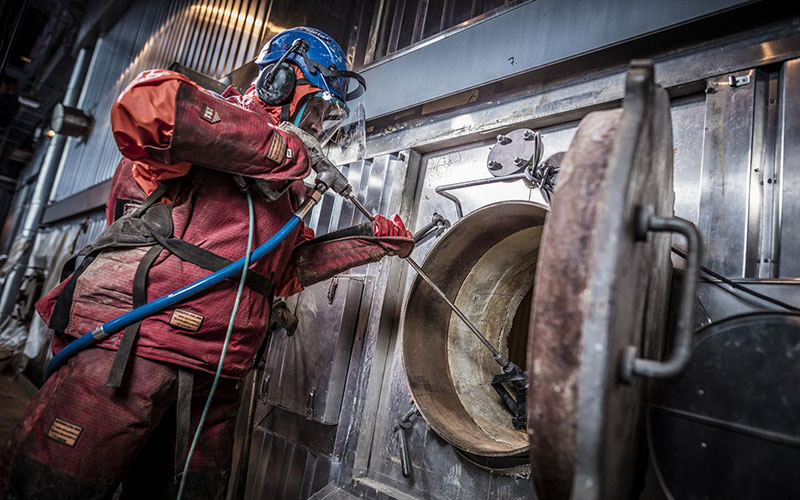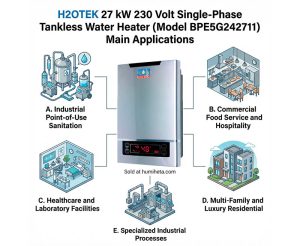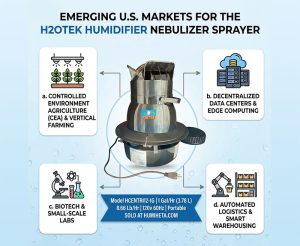Operational improvement of the industrial water heater
As far as possible, it is best to avoid corrective maintenance on heating systems. How is it done? With preparation and knowing the system with everything and components in depth.
Heat loss in the heating system is one of the problems that appear superficially, being the prelude to the degradation of its most essential parts. Not considering preventive maintenance not only leads to energy inefficiency translated into energy costs but also to a danger that can involve an entire production area.
Every one of the problems, small, medium, or large that usually appear in industrial heater systems throughout their life, can be well solved with timely supervision; It is important to try to avoid failures that could result in undesirable accidents.
From the same installation, the heating system must be supported by physical and process structures, so that the steam needs are always met, whether for the production of a plant, for the distribution of domestic hot water, or for heating, among others. services. The investment of a system as such must be protected.
To improve safety and prevent accidents in this type of structure, it is necessary to know some key points within preventive maintenance, so that the boiler remains functional and efficient, but, above all, safe and reliable.
Deep and periodic cleaning of industrial water heater
An industrial boiler and many of its components are at risk of accumulating residues on their surfaces, such as lime and soot. These prevent correct thermal transfer, leading to two undesirable aspects: energy inefficiency and damage to components and structures.
It is important that not even a millimeter of dirt is left since this alone is capable of preventing heat transfer by at least 10%. This type of cleaning usually only needs to be done annually and simply requires brushes or depending on the type of waste, perhaps a chemical agent can be useful.
Purging to prevent wear on metals and industrial boiler surfaces.
 The concentrations and hardness of the water are usually a problem that leads to precipitation above the components. If any type of scale were to form, then the efficiency of the heating system is at stake, and in the worst case, significant failures will occur. To avoid these concentrations of salts, periodic and secondary purging of all parts of the system is necessary.
The concentrations and hardness of the water are usually a problem that leads to precipitation above the components. If any type of scale were to form, then the efficiency of the heating system is at stake, and in the worst case, significant failures will occur. To avoid these concentrations of salts, periodic and secondary purging of all parts of the system is necessary.
Control of water hardness and its properties for use in industrial water heater
Monitoring and inspection of boiler quality is a frequent task, but necessary in every sense. If the origin of the water is not taken care of, the filtration of dissolved minerals can be overlooked, which, at first, can trigger a problem in the heating networks.
Hardness checks are precisely to monitor the type of water that is going to be used, and how it performs throughout pipes, tanks, and other components, such as condensers and drains. The variants that occur and give a signal of anomalies will be the increase in pressure and the size of drag particles, foams, etc.
Control the heat losses of the industrial water heater
If this phenomenon happens, it is probably due to an inefficiency of the thermal insulator, especially in the case of heaters that work with temperatures above 50°C. This invariably leads to system energy expenditure well above the permitted limit, where some inoperability could even be perceived in some sections and components. It is essential to check the thermal insulation, that it works, and if it needs repair or replacement, then do it.
Scheduled records of the service and maintenance of the industrial water heater
Not having a record of each component of a heating system can lead to operational inefficiency, both in the machines and in the personnel themselves. In that sense, records of preventive services, as well as maintenance in each section of the boiler, will guarantee system efficiency. Numerical and performance details should never be overlooked, which can be provided by the combustion gases, water temperature, and of course, the pressure itself, as basic issues.




